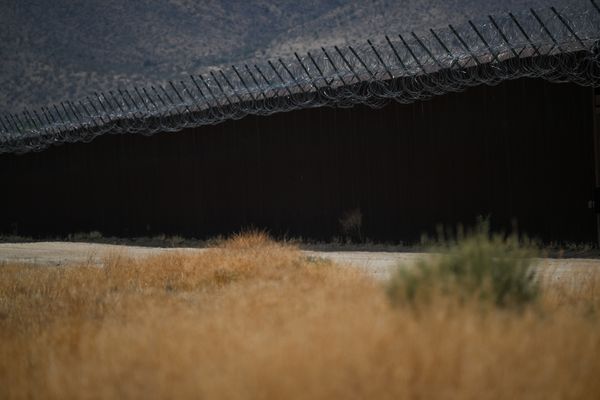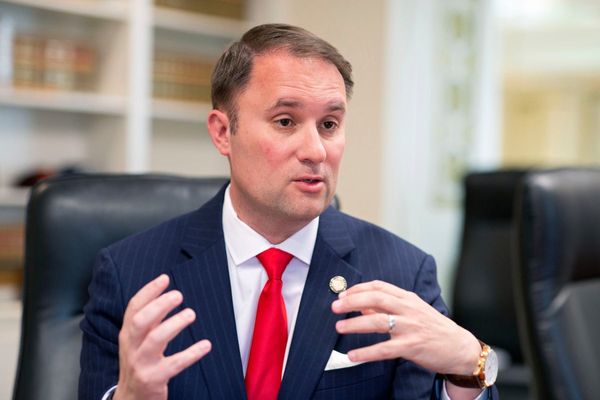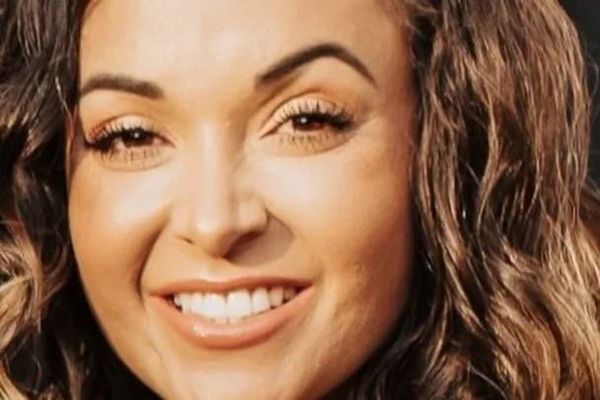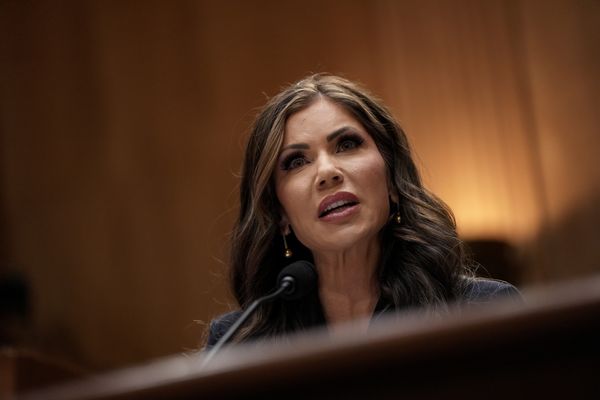
A few weeks ago the world woke up to explosive revelations that Rupert Murdoch had a secret plan. The nonagenarian billionaire had gone to court to strip three of his children out of an irrevocable family trust and consolidate power with his eldest son and chosen successor, Lachlan Murdoch.
In this week’s Friday Fight, a debate series in which two writers make their case on a hotly contested topic, the question is: should Australians give two shits about the Murdoch succession saga? In the affirmative corner we have journalism academic Andrew Dodd. Arguing in the negative we have media correspondent Christopher Warren.
Regardless of the winner of the Murdoch succession saga playing out in the courts in Reno, Nevada, the family’s media properties will continue to be owned by, and operate for, a billionaire oligarch.
The family saga is entertaining in a Tolstoyan, unhappy families way. As psycho-drama, it’s fascinating to see the old king flailing around Lear-like. But does it affect anything that should really concern us, like democracy and a free press?
No. Not in the slightest.
Billionaire-owned media outlets are core to the current crisis of rising authoritarianism. Swapping billionaires usually just makes things worse as new owners gut the few enduring spaces of journalistic autonomy to stamp their authority.
It’s the lure of power: owning and controlling a big media platform reshuffles status among the very rich. It sets a humble billionaire on the fast track to become a feared oligarch, welded onto the authoritarian political elite.
Look at any rising anti-democratic populism around the world and see how it’s deeply enmeshed into consolidated oligarchic control of mass media, old and new.
In India, Adani chair Gautam Adani and fossil fuel tycoon Mukesh Ambani — both “new money” billionaires close to Prime Minister Narendra Modi — have been buying up media to bolster the Modi mission. Notoriously, Adani captured the leading independent news channel NDTV, promising to have the “courage” to report “when the government is doing the right thing every day”.
In Israel, the Netanyahu regency would be impossible without the support of the country’s media-owning billionaires. In 2007 US casino mogul Sheldon Adelson launched what would become the country’s largest circulating newspaper, Israel Hayom, to support his rule.
On social media, we’re almost two years into the most destructive media experiment of the moment, with tech bro “thought leader” Elon Musk buying out the platform known, in gentler days, as Twitter. Rebranded with the darker semiotics of “X”, it’s platforming the racist hate speech currently driving the white gangs rioting on British streets.
In Australia, we’re so inured to the power of the media oligarchs — now the Murdochs and the Stokes, once the Fairfaxes and Packers — that we take for granted their dead hands always holding back the reins of progress. This is particularly true when their interests are at stake, as we saw recently when corporate media skated lightly over the government’s decision on gambling ads.
Despite the frisson of excitement over a few stray comments from James Murdoch over the climate emergency, there’s no reason to assume he’d be significantly different from his father or brother.
In 2019 he called out rising misinformation and authoritarianism, although when challenged about the role of Fox where he’d been CEO, he said only: “There are views I really disagree with on Fox.” In 2020 he and his wife Kathryn said in a slightly royal third-person plural voice: “They are particularly disappointed with the ongoing [climate] denial among the news outlets in Australia given obvious evidence to the contrary.”
When comfortably inside the family company, the younger James had different messaging. In 2001 he warned Hong Kong’s democracy movement to “accept the reality of life under a strong-willed absolutist government”. In 2009, in a combative public lecture in the UK, he characterised the BBC as “state-sponsored media”.
He was also the family lead in its UK arm as it collapsed under the weight of hacking allegations and was CEO of 21st Century Fox from 2015 to 2019, as it morphed into its current Trumpian incarnation.
In the factional politics of the billionaire class, James seems more aligned with the tech bros than the fossil fuellers: in June, fresh off the brouhaha over Musk’s pay package, James was reelected as a board member of Tesla. Both he and Kathryn turn up in the personal Musk text exchanges released during the Twitter takeover. He’s also an investor and board member of AI start-up Rebellion Defense, which designs “AI products purpose-built for defence” on contract to the Pentagon.
It’s not that James or Lachlan are particularly villainous, at least as far as billionaires go. It’s that they’re all too typical of the very rich. “They are different from you and me,” F. Scott Fitzgerald told us a century ago, “soft where we are hard, and cynical where we are trustful, in a way that, unless you were born rich, it is very difficult to understand”. It’s a personality type perfectly captured in Succession’s portrayal of the fictional Roys.
Just about every feud within media-owning families ends (as the Fairfaxes did) with break-up and sell-off. (One of Rupert’s growth hacks was exploiting these feuds in old media families.)
Similarly, the sale or break-up of News Corp and Fox remains the most likely outcome of the current Murdoch family bun fight. Plenty of the worthless properties — many in Australia — won’t survive the transition. But the poison of oligarch ownership will endure whoever ends up with the parts left over.
Read the opposing argument by Andrew Dodd.
Is the Murdoch succession plan worth paying attention to? Let us know your thoughts by writing to letters@crikey.com.au. Please include your full name to be considered for publication. We reserve the right to edit for length and clarity.







